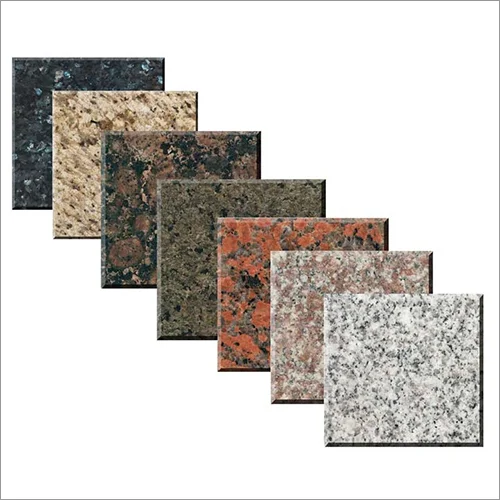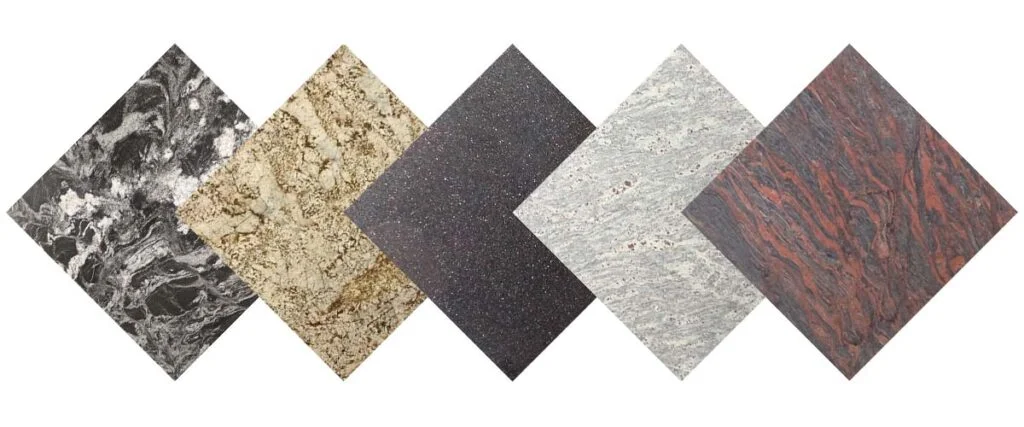Due to its large selection, reasonable costs, and reliable quality natural stone from India, such as slate, granite, marble, and sandstone, is growing in popularity among US importers. However, ensuring that the stone is of a high quality and being aware of the relevant standards are essential for a successful import business. This guide will cover all the necessary information, including quality standards and certifications as well as useful steps for quality assurance and compliance.
Table of Contents
ToggleOverview of the Indian Stone Industry
Indian stone is a result of the country’s well-known religious and ancient architectural wonders and the stones that have been used to build historical monuments. Due to their exceptional quality, unique colors and patterns, durability, and aesthetic appeal, Indian stones are highly sought-after in other countries. India offers a large selection of natural stones at competitive prices, making it a better and more well-liked choice. Indian natural stones are preferred for yet another reason. There are numerous shades and colors. endurance and structural soundness. Reasonable prices. dependable supply chain. Because of these factors, China, Brazil, Italy, and Turkey are among the top exporters of finished stone products to the US.
An outline of Indian stone certifications and the industry.
1. Quality certifications from other nations, as well as India. For quality management, ISO 9001:2015 certification is a widely recognized standard. Indian stone suppliers with ISO certification are known for their reliable quality control procedures and commitment to customer satisfaction. CE certification, which is necessary for the EU but not for the US, denotes adherence to European standards for physical-mechanical qualities, durability, and safety. Some Indian exporters use these standards to enhance their reputations. An export market-specific Declaration of Performance (DoP) outlines the stone’s intended use and performance characteristics, such as flexural strength, water absorption, and frost resistance.
2. FPC or Factory Production Control is an acronym. Reputable Indian vendors implement FPC systems, which consist of the following. In a laboratory setting, its mechanical and physical properties are regularly tested. Production processes are observed in order to guarantee dependability. Every step had a record of quality checks.
Elements that are crucial when bringing in stone.
Color consistency: Long-term projects require that color and pattern be preserved. Verify the surface finish is smooth and polished, and look for any chips or cracks.
Dimensional Accuracy: Confirm the exact thicknesses and measurements of the tiles or slabs.
Structural Integrity: Stones should not exhibit any obvious internal cracks, flaws, or weak areas. Particularly for outdoor use, reduced rates of water absorption and porosity indicate greater durability. For applications involving loads, flexural and compressive strength tests are required.

Tips for choosing an Indian exporter for your project.
1. Choose Reputable Suppliers.
Reviews and reputations of suppliers should be examined. Find companies that have obtained ISO ETI, D&B export certifications. Look up references and learn about their export history.
2. Examine the supplier’s qualifications.
Provide copies of your quality certifications and export permits. Please confirm if you are a member of any trade associations.
3. Obtain and assess samples.
Before making large purchases, whenever possible, request physical samples. Analyze the sample’s color finish and structural soundness.
4. Examination by a third party.
Have the goods inspected by unbiased organizations or inspectors before delivery. They can attest to the packaging batches and compliance with your specifications.
5. Look at the quarry or factory.
If at all possible, visit the supplier’s quarry or processing plant. This allows them to demonstrate their raw material selection and quality control processes in person.
6. Understand how grading systems work. Determine which grading systems are appropriate for the specific stone type you are importing, such as granite and marble. Grades display characteristics such as color homogeneity, vein presence, and structural soundness.
7. Reliable Delivery and packaging.
The stones should be packed tightly to prevent damage during transit. Reputable vendors employ protective materials and robust packing methods. Conformity and accreditation.
United States import regulations.
Importer Security Filing (ISF): When shipping across the ocean, the ISF must be filed 24 hours before the cargo is loaded onto the ship bound for the US. For noncompliance, fines may be applied. Customs taxes and duties are based on the stone category and classification value. For advice to ensure exact compliance, speak with a customs broker.
Absence of Extra Agency Oversight: Although granite and marble shipments fall under US Customs and Border Protection (CBP) rules, other federal offices rarely add their instructions.
Common mistakes and strategies for avoiding them.
To keep surprises in check, always arrange third-party inspection and sample testing before goods leave the country.
- Errors in documentation: Review every form and seal to cut fines or delays at the border.
- Fraud by vendors: Vet suppliers carefully and steer clear of prices that sound unrealistically low.
- Transit-related damage: Ask for sturdy packing on expensive loads, and think about insuring them.
The Best Advice for US Importers.
- Build lasting relationships with trustworthy Indian producers.
- Understand global quality marks and US import limits.
- Pay for an independent quality check on every shipment.
- Giving clear, written directions about packing, timing, and delivery is important.
- Compare all certificates and invoices line by line.
Conclusion
Importing Indian stone to the United States can widen selection, cut costs, and deliver high quality once an import house learns the rules, confirms every partner, and meets all legal standards.
Frequently Asked Questions on Indian Stone Quality Standards
Question 1. What type of stones are in demand in the US from India?
Answer – There is a demand for Indian stones in the US and other parts of the world, due to their high quality, durability, and aesthetic appearance makes Indian stones more popular worldwide. In the US, there is a high demand for granite and marble. This demand is significantly increasing due to the increasing demand for these materials in construction and renovation projects.
Question 2. Which companies are the leading exporters of stones in India?
Answer – Nakul International deals with stone manufacturing and exporting these materials within the country or outside the country. But there are three prominent leading companies among others.
Question 3. Why is Nakul International different from other competitors in the stone industry in India?
Answer – Nakul International is among India’s leading and renowned stone manufacturing and exporter companies. Multiple reasons that stand out for Nakul Internationals from others, including top-notch material quality, skilled workforce, variety of colours and patterns, aesthetic appeal, fast and reliable delivery, and customization options based on your preference.

